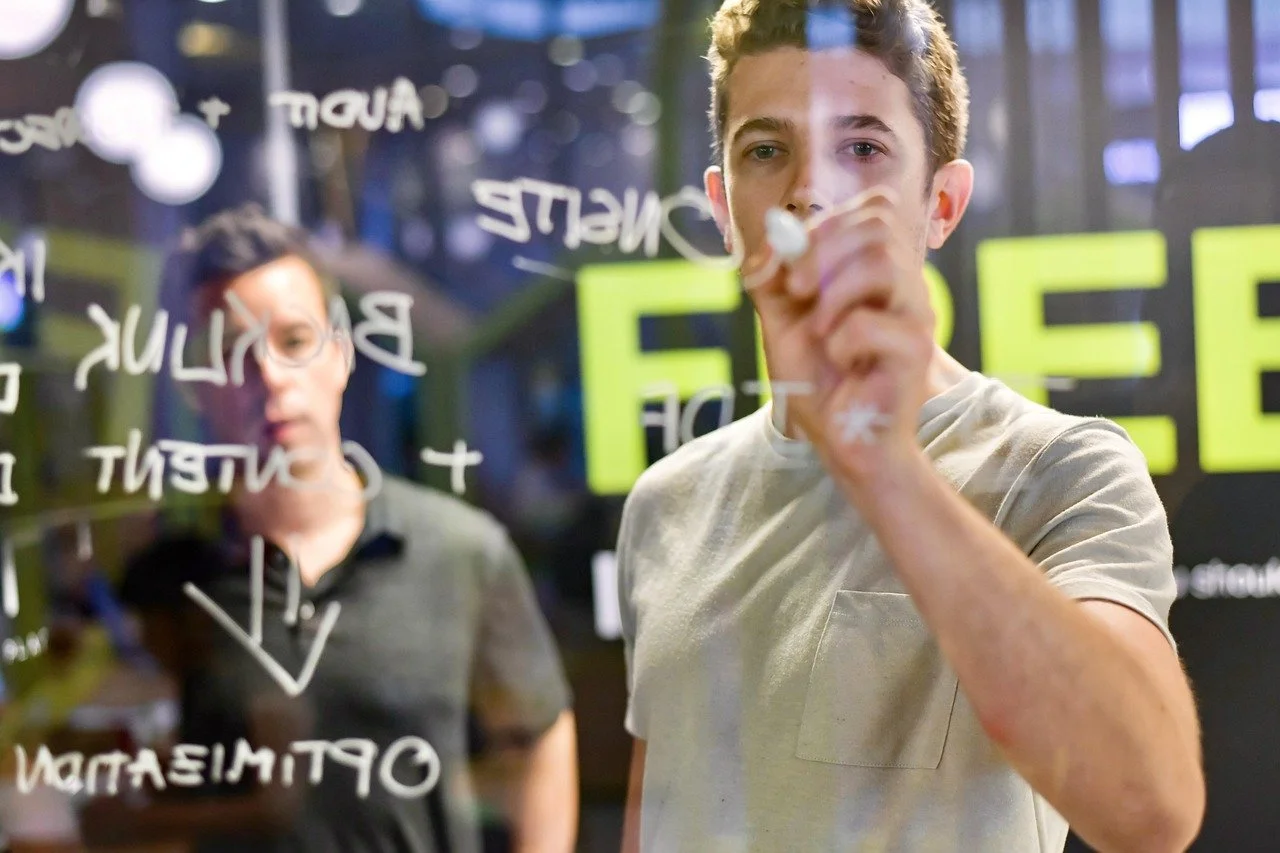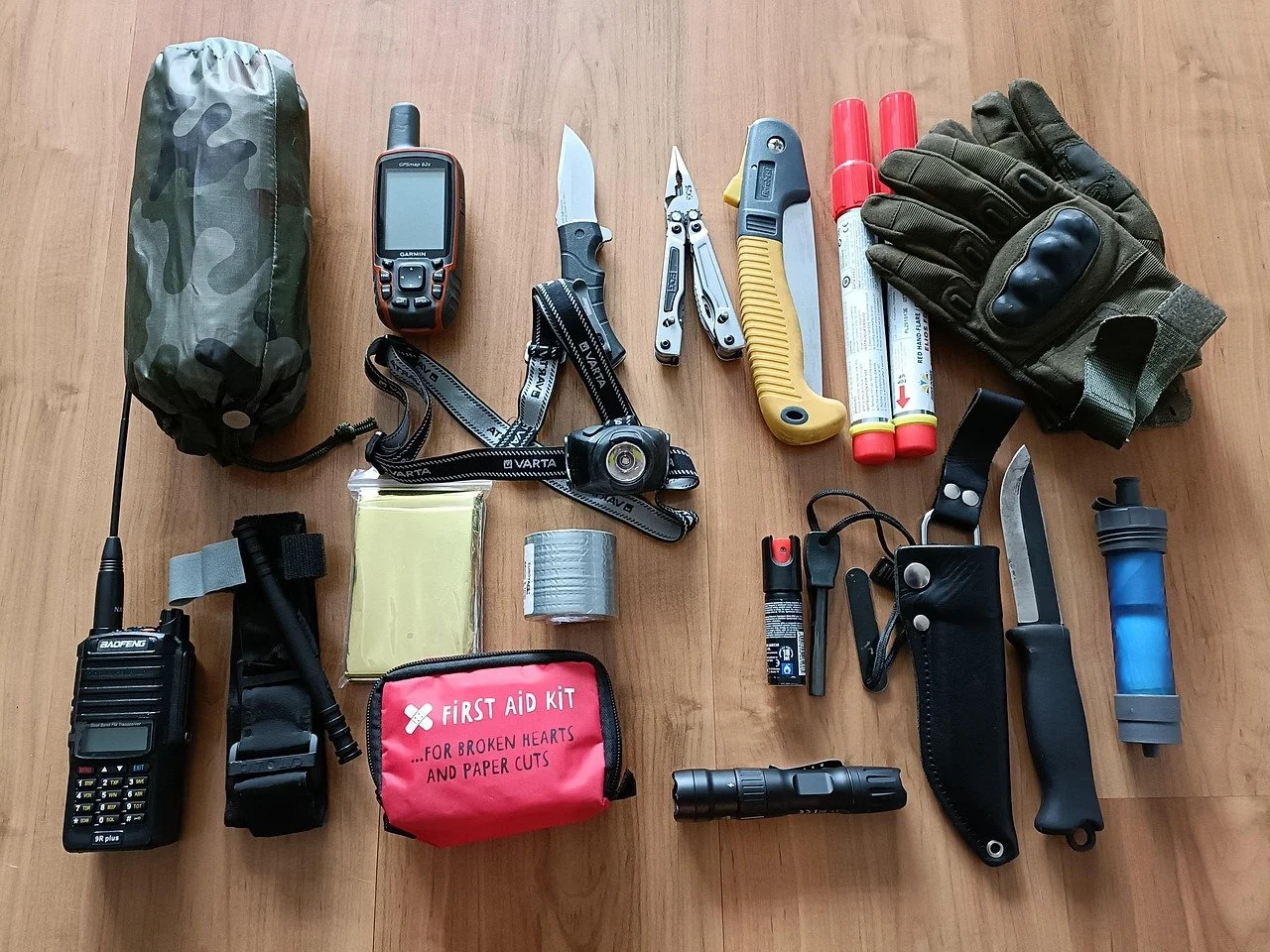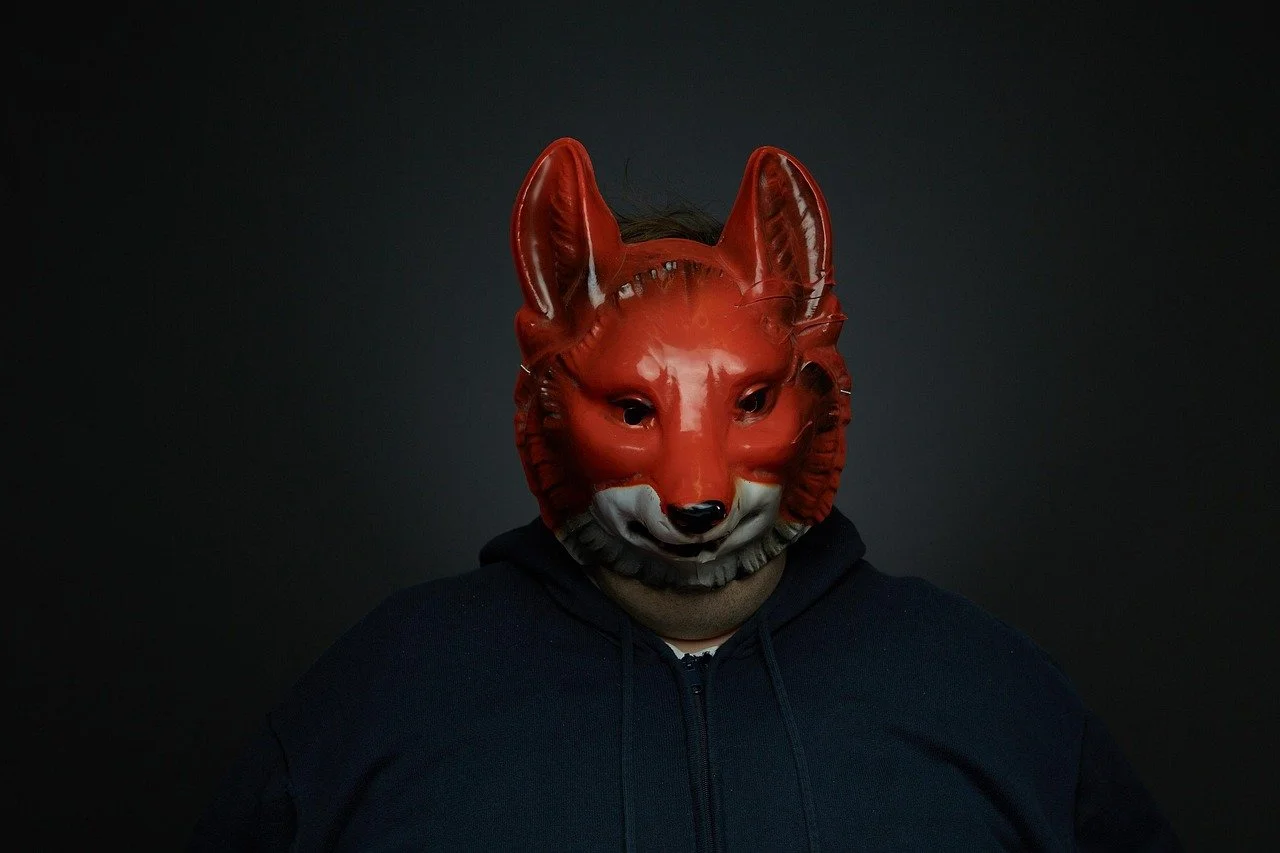a Series of 10 — the seduction of optimization
By my count I am 7 blogs away from having written 500 blogs on my two websites. I thought it might be an interesting idea to write these remaining blogs based on the common threads that have woven themselves through the last 493 I have written — and with that said, “a Series of 10” will continue with a blog on the seduction of optimization.
This is somewhat counter intuitive for me because I have enough Six Sigma training under my belt to be annoying in meetings — I love the DMAIC model for solving problems, enjoy a good Fishbone diagram and can get lost in developing a process map. Reducing errors, streamlining processes, driving efficiency and optimization is very seductive, as well as very satisfying.
I am not suggesting optimization isn’t a crucial activity in whatever you are doing, be it optimizing a production line or optimizing your health but there may come a point where diminishing returns come into play and maybe even stagnation. Optimization focuses on what you are familiar with and can be very action oriented — it will keep you busy and it’s easy to illustrate effort. Quietly, it’s perceived there is no real consequence or risk from optimization because even the most minimal improvement is a victory.
The siren’s call of optimization becomes a concern when it’s preventing you from addressing the possible problem that the thing you are trying to optimize is so broken, too dated or simply misaligned with your goals. Optimization can’t address these situations in any material way because that is not the issue.
Is the seduction of optimization preventing you from seeing the need for change? Change brings risk, uncertainty and consequence, and it is messy — something that optimization is not (remember all of those efficiency models). I am suggesting that focusing on optimization may prevent you from questioning why you are doing what you are doing — is there an alternative to what is being done or should you even be doing what you are doing?
I call it questioning the Sacred Cow. This line of questioning is about ensuring optimization doesn’t stop us from asking the simple question, “Should we even be doing this and is there a better alternative?”.
iamgpe
6 more


